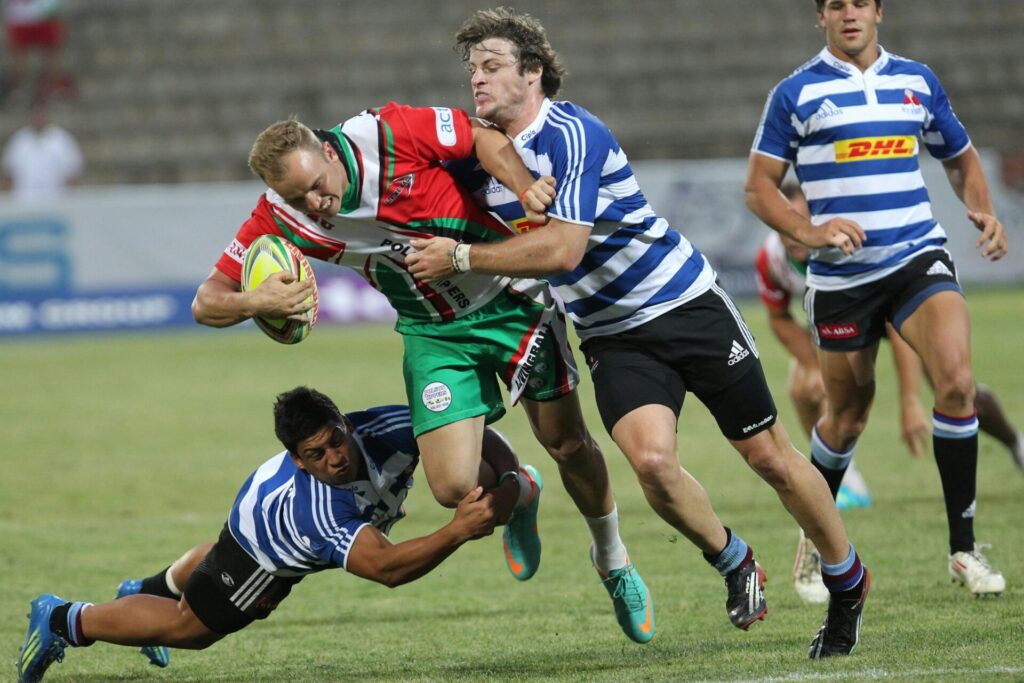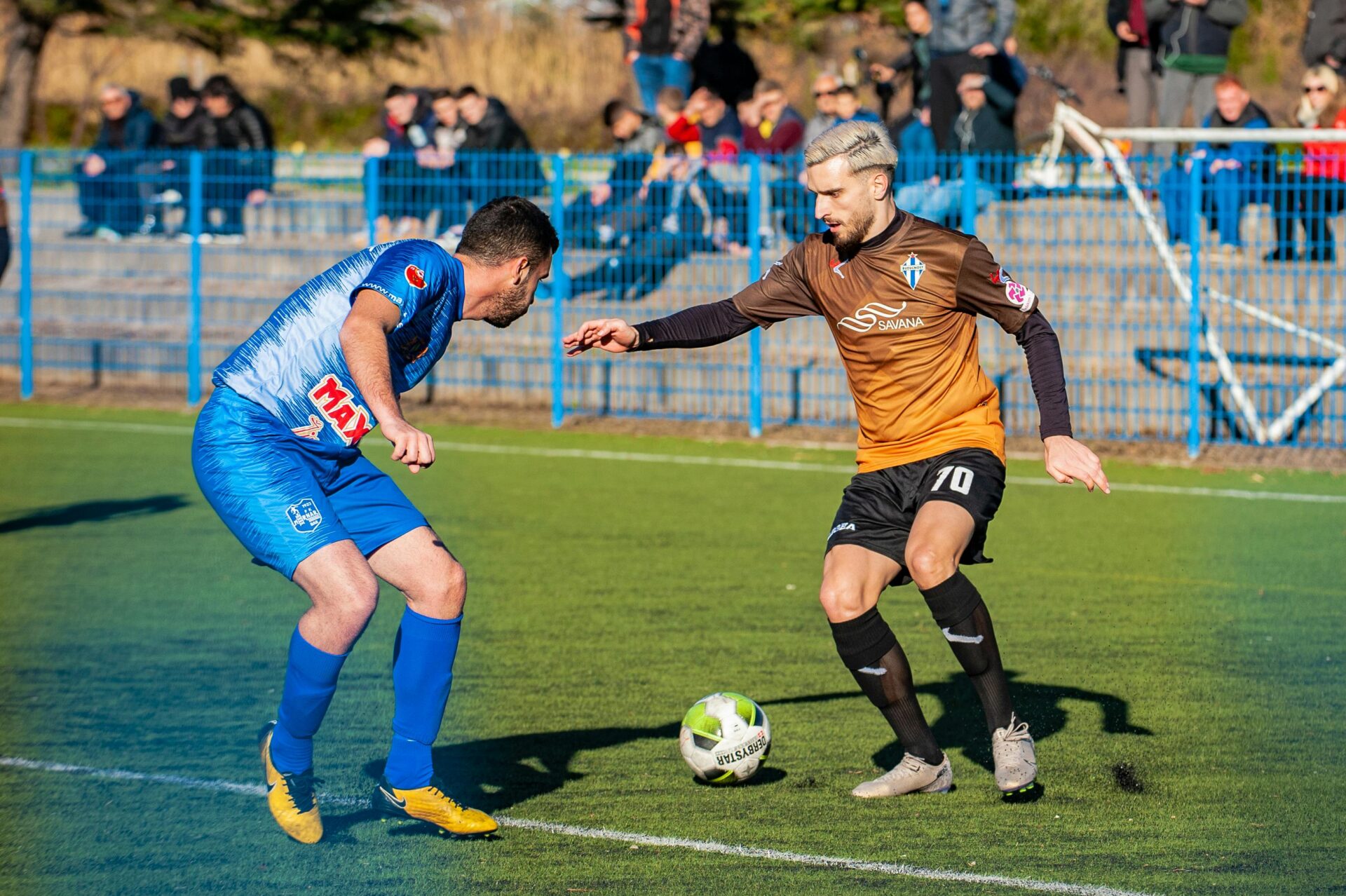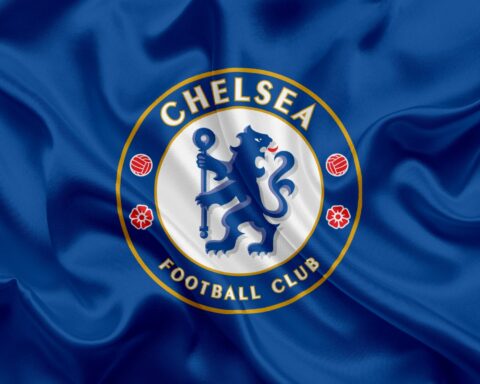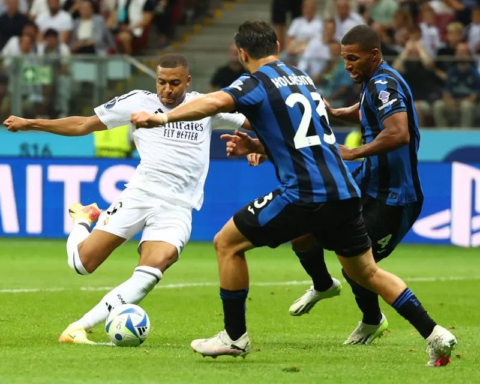In the world of sports, proficiency begins with mastering the fundamentals. These foundational skills serve as the bedrock upon which athletes build their expertise, enabling them to excel in their chosen disciplines. Whether it’s dribbling a basketball, swinging a golf club, or swimming a lap, athletes across all sports rely on these essential skills to achieve success. In this article, we’ll explore the significance of mastering the fundamentals and delve into key techniques that are universally applicable across a wide range of sports.
Importance of Fundamental Skills
Fundamental skills form the backbone of athletic performance, providing athletes with the necessary tools to execute more advanced techniques and strategies. Regardless of the sport, mastering these basics is essential for athletes to reach their full potential and compete at the highest level.

Moreover, fundamental skills are transferable across different sports and activities. The agility required for soccer can benefit a basketball player, while the hand-eye coordination honed in tennis can enhance a baseball player’s batting prowess. By mastering fundamental skills, athletes not only improve their performance in their primary sport but also develop a versatile skill set that can be applied in various athletic endeavors.
Key Fundamental Skills
1. Hand-Eye Coordination
Hand-eye coordination is a fundamental skill crucial for sports that involve precise hand movements and visual tracking of objects. From catching a football to hitting a baseball, athletes rely on hand-eye coordination to execute accurate and controlled movements.
Technique: Practice drills that involve throwing, catching, or striking objects such as balls, shuttlecocks, or flying discs. Start with simple exercises and gradually increase the difficulty to challenge coordination and improve accuracy.
2. Footwork and Agility
Footwork and agility are essential for sports that require quick changes in direction, acceleration, and deceleration. Whether it’s evading defenders in soccer or maneuvering around opponents in basketball, agile footwork is a key component of athletic success.
Technique: Incorporate agility ladder drills, cone drills, and shuttle runs into training routines to improve foot speed and agility. Focus on maintaining proper form and balance while moving quickly and efficiently.
3. Balance and Coordination
Balance and coordination are fundamental skills that contribute to overall athleticism and performance in all sports. Maintaining balance allows athletes to control their bodies, stabilize movements, and execute precise actions with accuracy.
Technique: Practice balance exercises such as single-leg stands, stability ball exercises, and yoga poses to improve proprioception and body awareness. Focus on maintaining stability and control while performing these exercises to enhance coordination.
4. Strength and Power
Strength and power are essential for generating force, explosiveness, and speed in sports that require physical prowess and athleticism. Whether it’s lifting weights in the gym or sprinting on the track, strong and powerful muscles are crucial for athletic performance.
Technique: Incorporate resistance training exercises such as squats, deadlifts, and plyometric drills into strength and conditioning programs. Focus on proper form and technique to maximize strength gains and minimize the risk of injury.
5. Mental Toughness
Mental toughness is a fundamental skill that sets elite athletes apart from the competition. The ability to stay focused, resilient, and composed under pressure can often determine the outcome of a game or competition.
Technique: Practice mental toughness strategies such as visualization, positive self-talk, and mindfulness meditation to develop mental resilience and concentration. Cultivate a strong mindset that embraces challenges as opportunities for growth and learns from setbacks to become mentally stronger athletes.
Mastering the fundamentals is the first step towards athletic excellence in any sport. By honing essential skills such as hand-eye coordination, agility, balance, strength, and mental toughness, athletes lay a solid foundation for future growth and achievement. Whether competing at the recreational, amateur, or professional level, the importance of fundamental skills cannot be overstated. As athletes continue to refine and perfect these basics, they unlock their full potential and elevate their performance to new heights in their respective sports.








